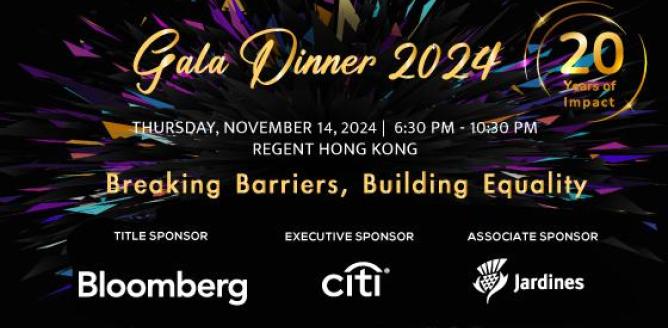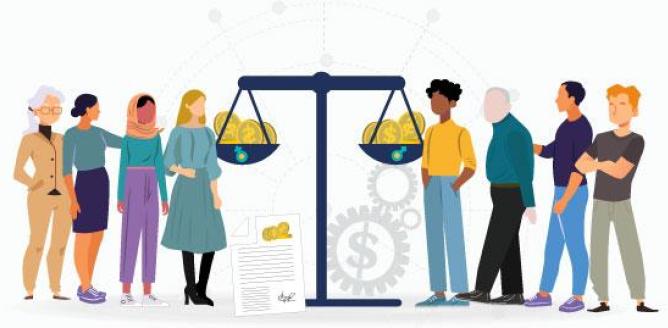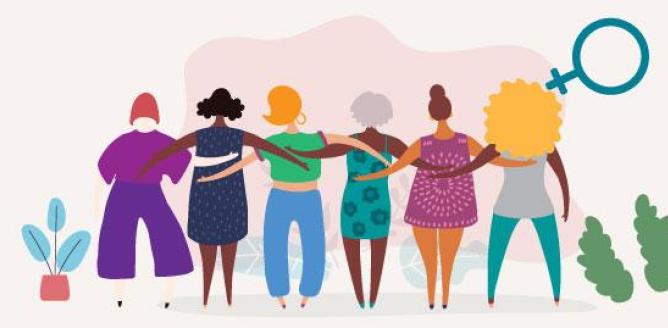“Stereotypes reflect deep-rooted ideas of femininity and masculinity. Negative, diminished conceptions of women and girls are one of the greatest barriers for gender equality and we need to tackle and change those images wherever they appear. Advertising is a particularly powerful driver to change perceptions and impact social norms.” - Phumzile Mlambo-Ngcuka, Executive Director of UN Women and Under- Secretary-General of the United Nations
Last month, a ban on advertising featuring damaging gender stereotypes came into force in the UK. The ban is the most comprehensive of its kind and aims to stop representations that may “restrict the choices, aspirations and opportunities of children, young people and adults.”
This is an important development because pervasive gender stereotypes that objectify women and limit their aspirations harm women, men, and our society as a whole.
The Dove Global Beauty and Confidence Report 2017 found that advertising impacts self-esteem and when women are concerned about the way they look, nine out of 10 women and eight out of 10 girls will opt out of future opportunities. The same research found that 7 in 10 teenage girls across 14 different countries wished the media did a better job of portraying women of diverse physical attributes, age, ethnicity, shape and size. These stats mirror Hong Kong where a 22-country survey shows Hong Kong ranked third from the bottom in terms of people's satisfaction with their looks and another survey shows 57% of women in Hong Kong think media portrays women negatively.
Some advertisers recognise their power to promote more progressive attitudes. For example, Japanese luxury skincare brand SK-II has been challenging expectations and the concept of ‘leftover women’ in China for the past few years, most recently with their Marriage Market Takeover campaign. The Adidas campaign in China, All In For #My Girls celebrates women enjoying sports at the end of the work week. In Hong Kong, Dove boldly addressed derogatory terms about a woman’s appearance through their Appreciate don’t adjudicate campaign last year.
Men-focused brands are also moving away from reinforcing detrimental stereotypes. Take Axe / Lynx – a formerly hyper masculine brand has transformed into one that addresses the vulnerabilities and anxieties a diverse spectrum of men have through their #FindYourMagic campaign in the US and Australia.
But these types of adverts remain the exceptions rather than the rule.
The new UK ban may be the most wide-ranging, but it joins a long list of other countries that have prioritised this issue by having some degree of guidelines in place including: France, Greece, India, Norway, and Spain among others.
By contrast, Hong Kong has no regulation in place. Scrolling through social media or walking around the city, we see advertisements depicting women in stereotypical roles, often selling lingerie or anti-ageing treatments, or very sexualised images, like the provocative Air Asia ad on Facebook that was removed with an apology. But women are rarely portrayed in gender neutral roles or positions of authority.
Combatting gender stereotypes is at the heart of our work at TWF. We have engaged with media directly through our documentary She Objects and our #MyRealCareerLine campaign, and we integrate recognising and addressing gender stereotypes in all of our programmes and initiatives. Yet it continues to be an issue that is under-discussed and under-addressed.
We are optimistic this ban will make advertisers in Hong Kong think more progressively about gender norms. We hope the Government will consider implementing similar guidelines. As a community, we can all do more to role model women and men in non-traditional careers, and call out brands that play into harmful stereotypes and highlight brands that are getting it right.
Get in touch at Fiona.Nott@twfhk.org.





















